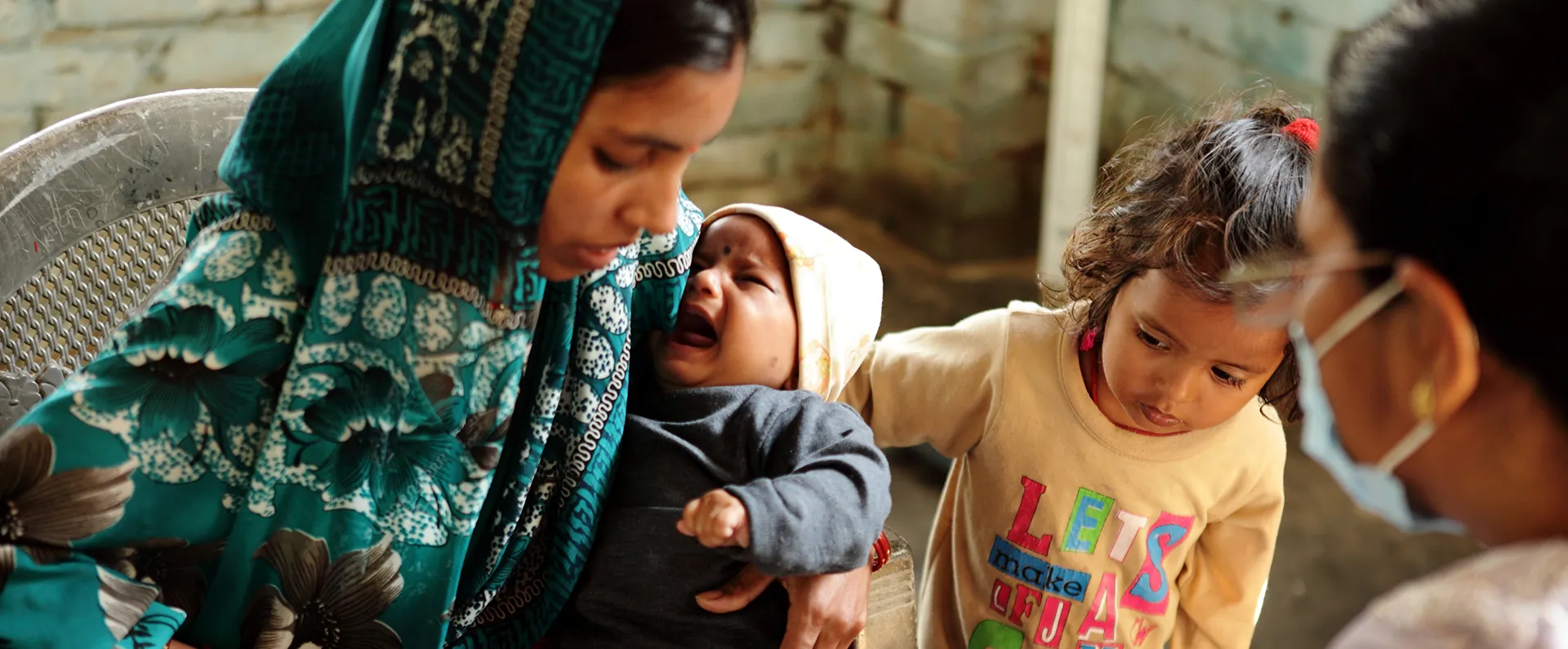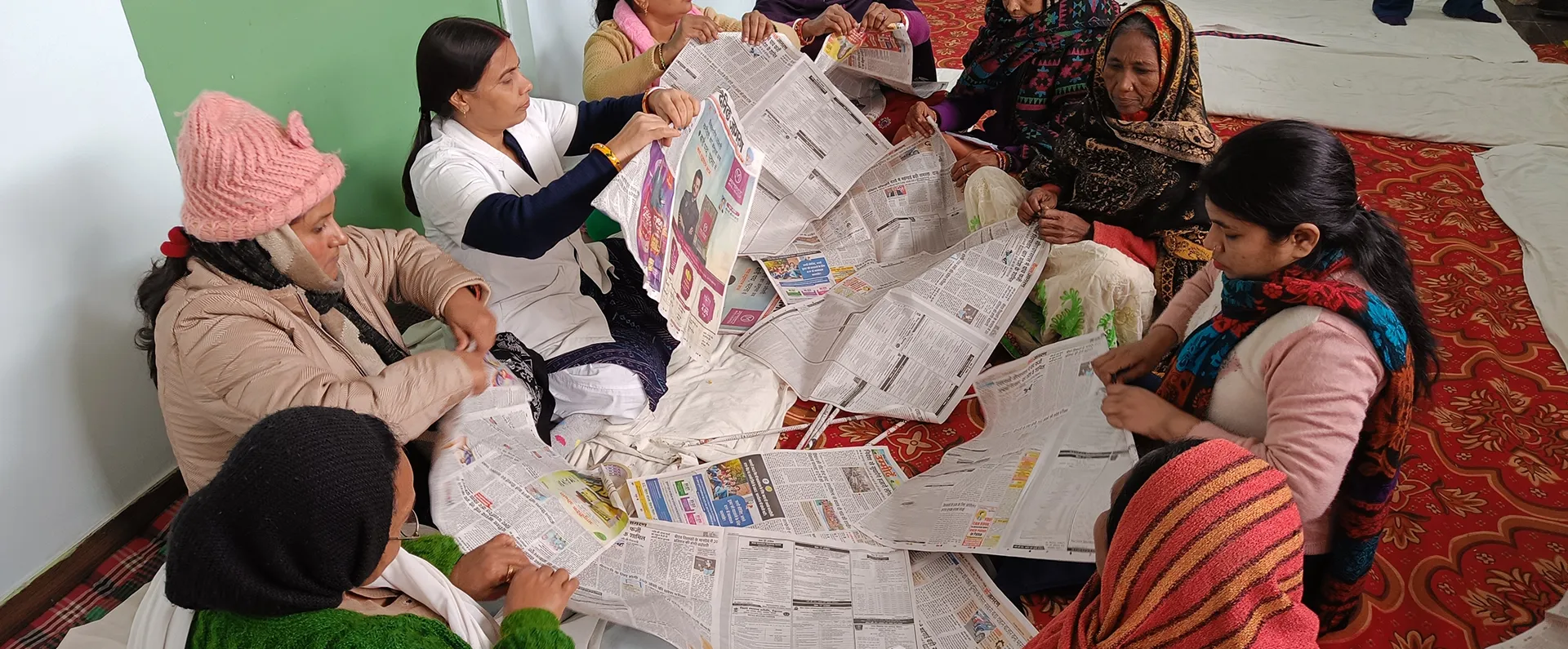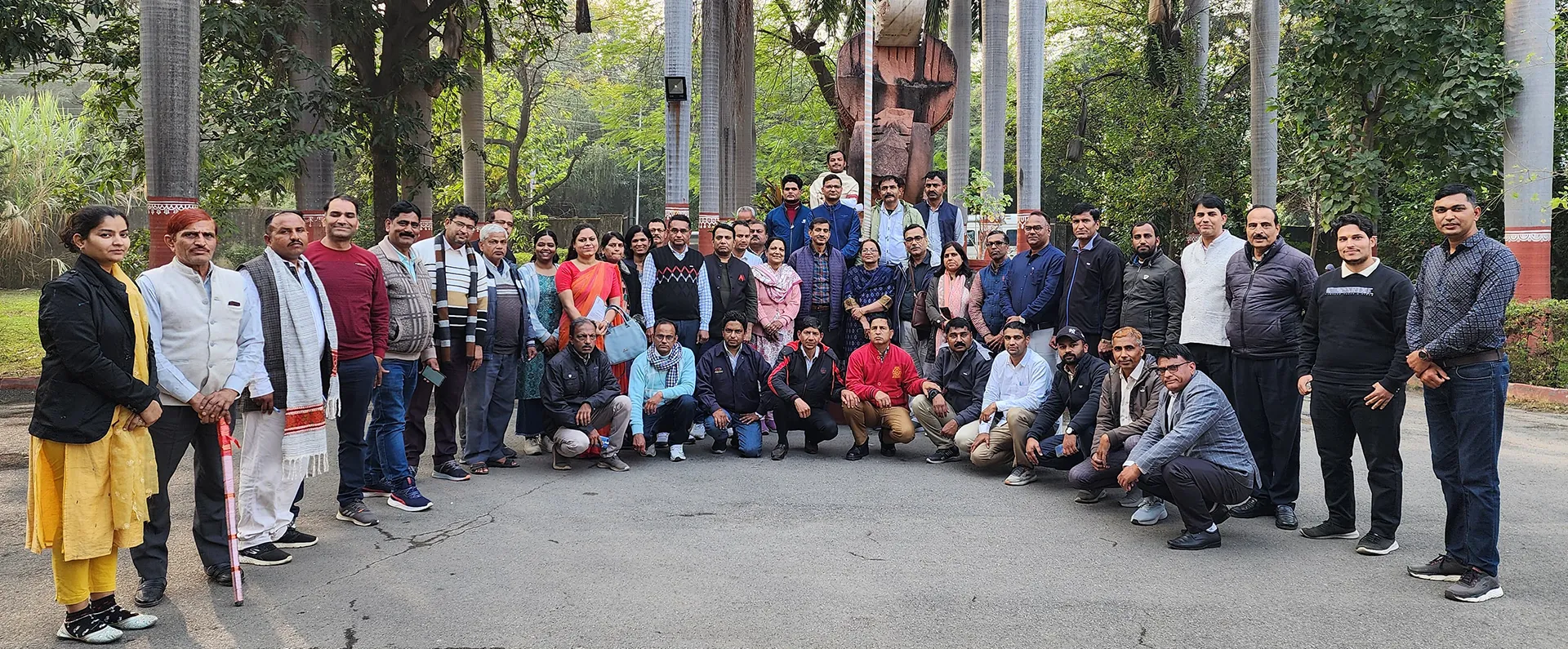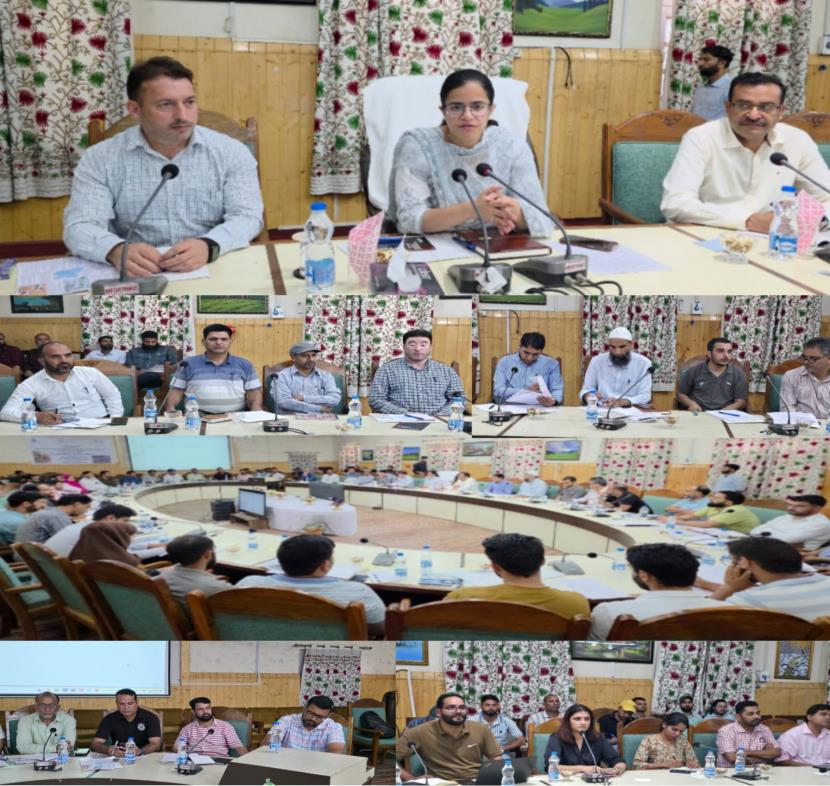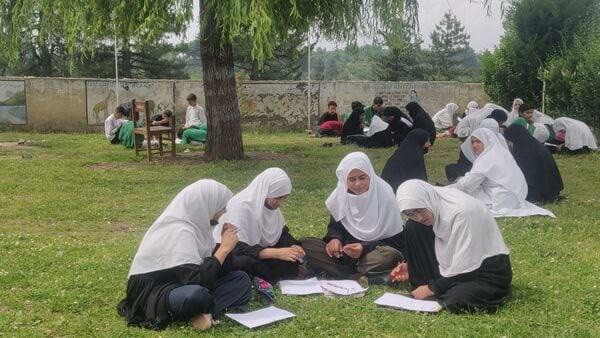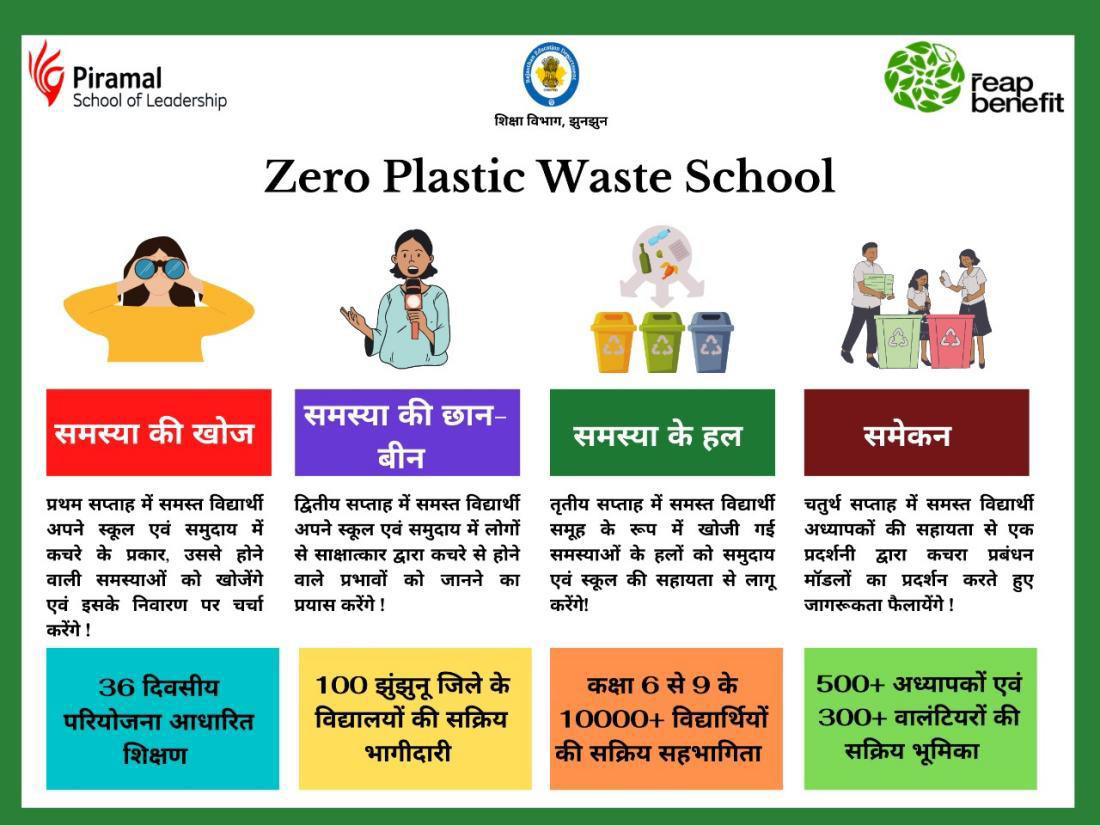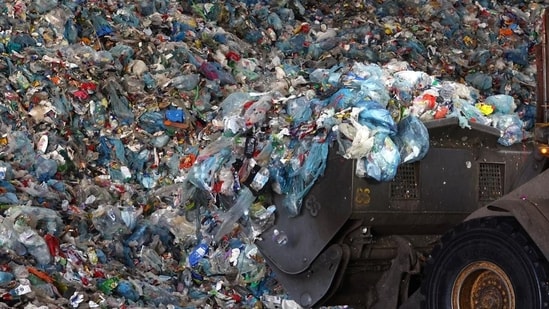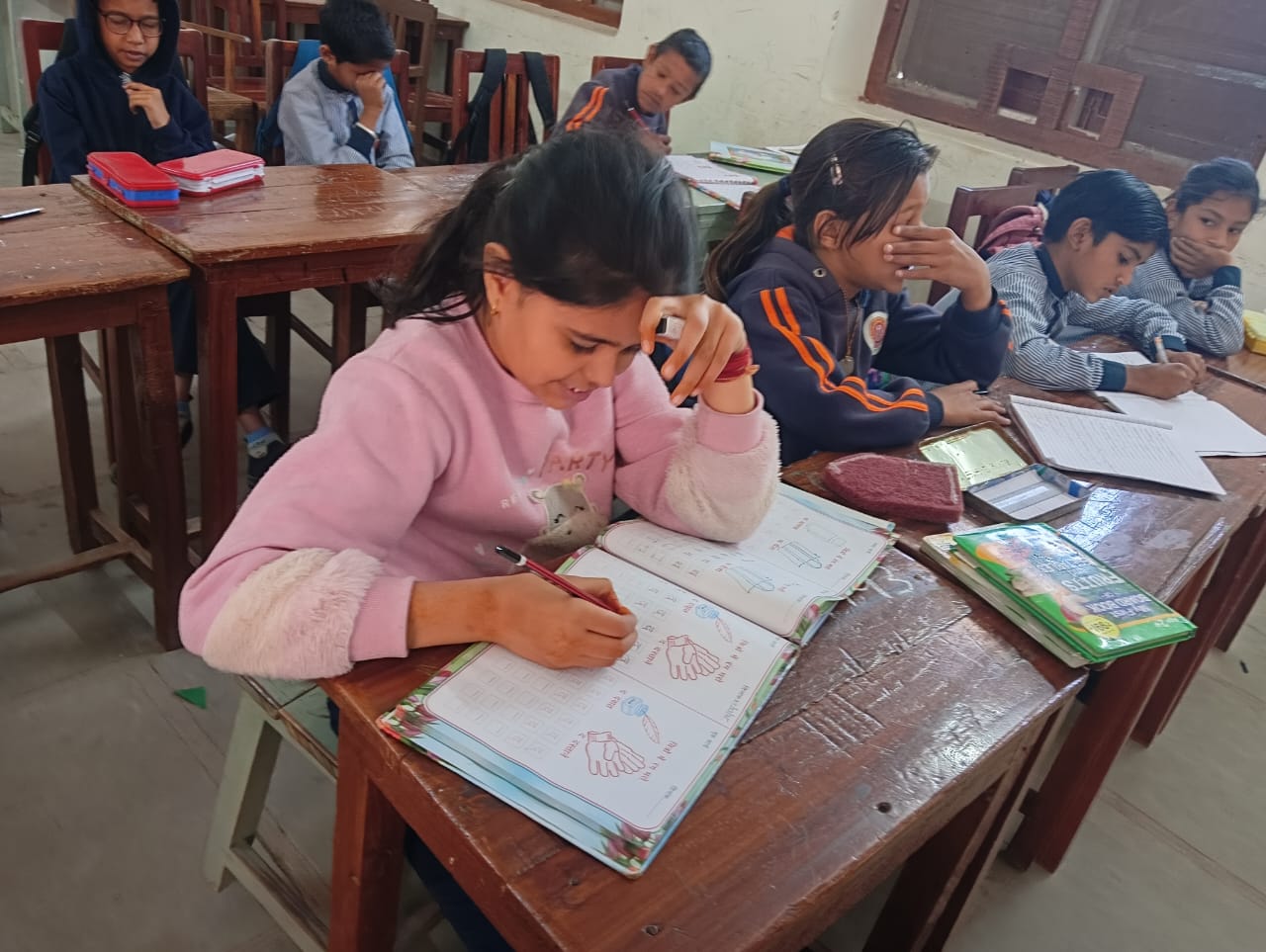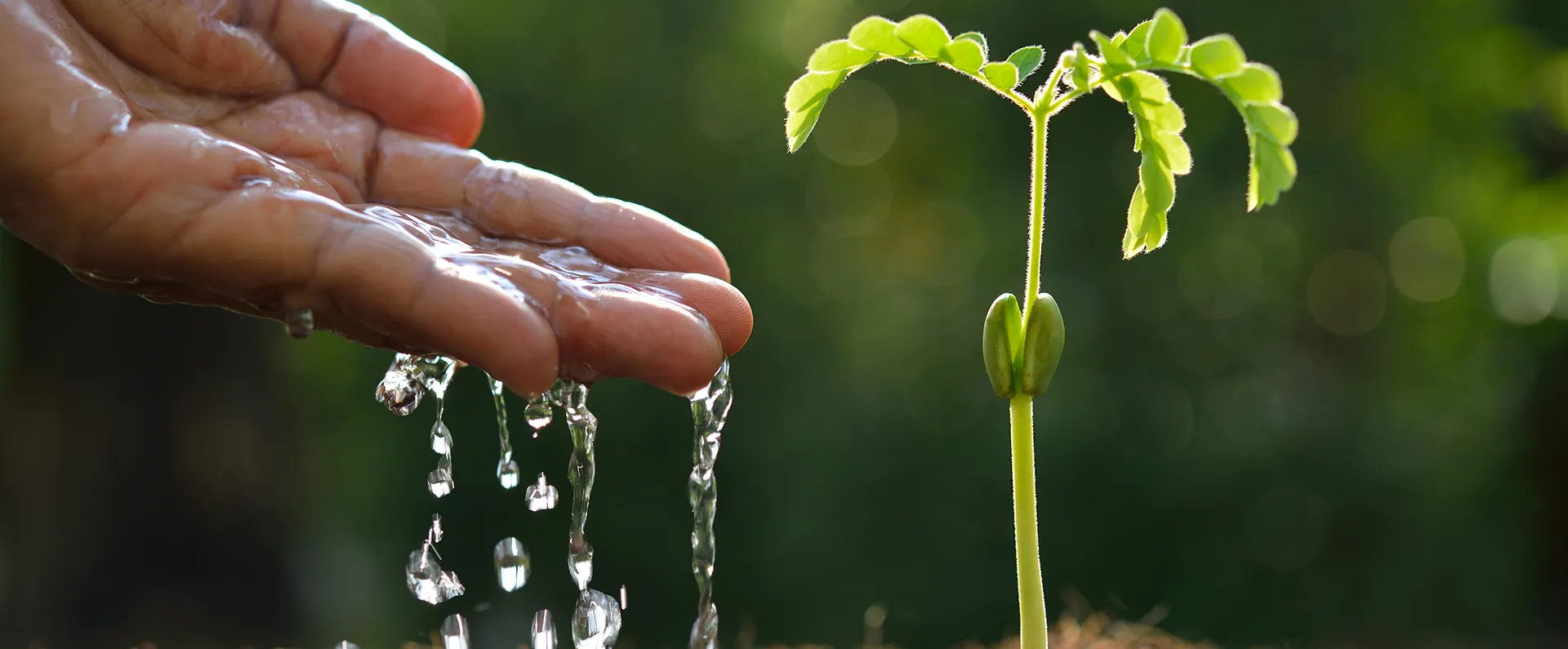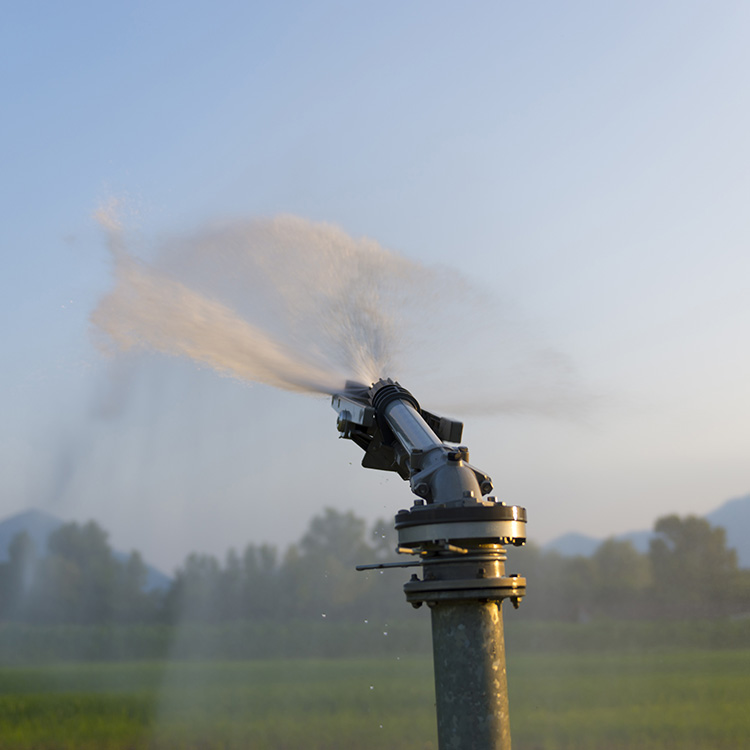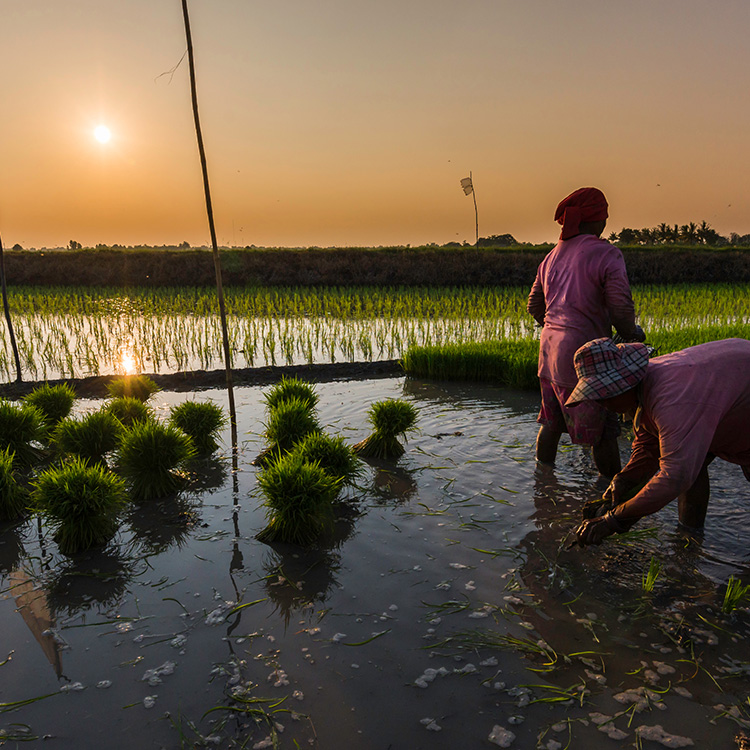India’s agricultural systems are deeply dependent on water, with nearly 84% of total freshwater used for irrigation. Yet, these systems are increasingly vulnerable to erratic rainfall, groundwater depletion, land degradation, and shifting climatic conditions. The School of Climate and Sustainability believes that transforming agricultural water use is critical to climate resilience. By integrating water-efficient practices such as improving irrigation efficiency, enhancing soil health, and adopting climate-resilient agricultural practices into mainstream agriculture, we can reduce over-dependence on irrigation, safeguard water sources, and strengthen livelihoods. This transformation requires a multi-level approach - building awareness, influencing policy, and enabling institutional change. We aim to create systems where efficient water use becomes the default, not the exception.
Interventions
We promote the adoption of low-water-use crops, precision irrigation techniques, and agroecological methods that retain soil moisture and reduce evaporation. Our work prioritizes:
- Improving the efficiency of irrigation practices, which has led to the conservation of 5.87 billion litres (BL) of water. Given that irrigation accounts for 84% of total freshwater use, addressing this is central to sustainable water management.
- Soil health improvement, which has helped conserve 0.23 BL of water. With over 70% of soils suffering from acidity or alkalinity and 29% of India's land area facing degradation, restoring soil health is essential for water retention and productivity.
- Infusion of climate-resilient agricultural practices, contributing to 1.01 BL of water conserved. This is especially urgent given the anticipated 30% reduction in crop yields by the mid-21st century in South Asia, driven by climate change.
We collaborate with farmers, government departments, and technical institutions to support knowledge transfer and context-specific innovations. We also build the capacity of frontline officials and extension workers to facilitate the adoption of sustainable agricultural practices.
Outcomes
Our interventions have led to the conservation of 7.11 billion litres (BL) of water while strengthening ecological sustainability and agricultural productivity.
- Reduced agricultural water demand through efficient irrigation and resilient crop choices.
- Improved soil health and moisture retention across degraded and vulnerable landscapes.
- Increased adoption of climate-resilient practices that mitigate yield losses and enhance food security.
- Strengthened the capacity of frontline staff and farmers to sustain water-smart, low-impact farming.
- Contributed to the development of resilient food systems rooted in sustainability, equity, and local innovation.


